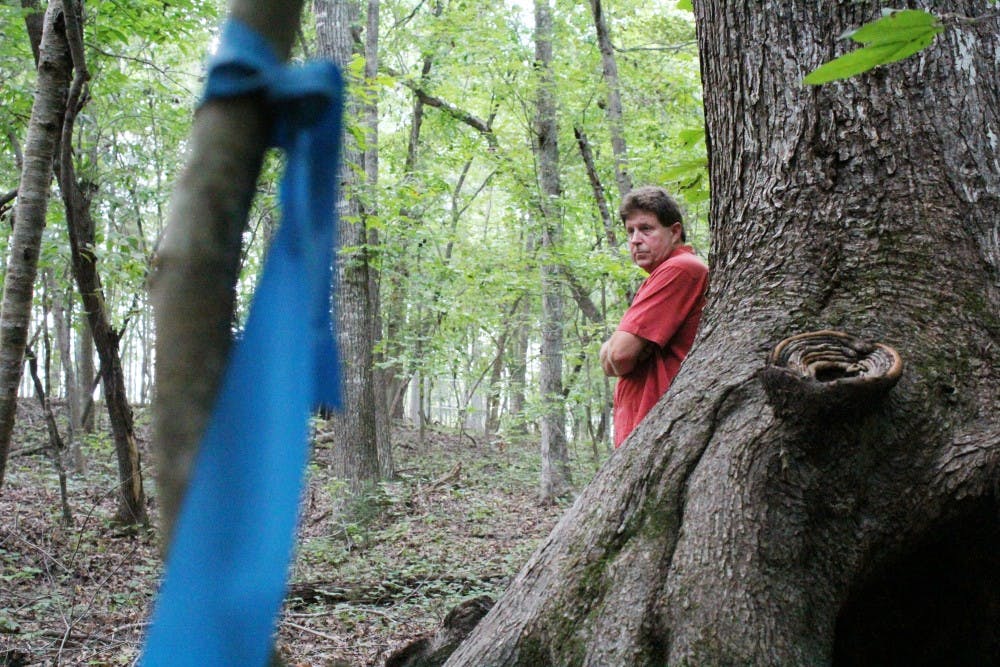A treated wastewater leak was discovered in a 1.6 million-gallon storage lagoon by the University and reported to the N.C. Department of Environment and Natural Resources in December 2009.
Following the discovery and several other violations stemming from treated wastewater leaks, the University was fined $16,612.48 in 2010 by the department.
The treated wastewater had leaked into Collins Creek, which feeds into Jordan Lake — a major water source for the state.
Learning from mistakes
UNC officials hope to install a functioning wastewater treatment system at the facility.
Lowman said the facility’s new system would spray 1.2 million gallons of treated wastewater per year on its rural land.
He said the project would also double the acreage currently permitted for spraying treated research waste from 2.14 acres to 5 acres.
University spokeswoman Susan Hudson said people often forget that the facility’s wastewater has been treated.
The wastewater is currently pumped and hauled to the Orange Water and Sewer Authority treatment plant daily.
Lowman said the pump-and-haul approach is not a permanent solution, and transporting the wastewater is expensive and smelly.
“I understand why the neighbors are mistrustful, but in order for us to be able to use this facility in the long-term, we need the new system,” Lowman said.
“We’ve obviously made some mistakes, and we’re very sorry, but we’ve learned from them.”
To get the day's news and headlines in your inbox each morning, sign up for our email newsletters.
‘I don’t trust them’
Laura Streitfeld, executive director of Preserve Rural Orange, said she and the facility’s neighbors would like to see an environmental impact statement about the project.
“The statement would look at the impact of future plans and all alternatives to this project,” Streitfeld said. “We’re concerned about multiple impacts on the water and the wetlands.”
Leath said UNC officials have a habit of asking for forgiveness — not permission.
“It seems to me that the standard is to not do anything until the publicity gets so adverse that you have to,” he said.
And Rich Tapper, who lives 2 miles from the facility, said he was disturbed by the University’s secretive nature about the facility operations.
“I don’t trust them to do their own research anymore — I want an independent study,” he said.
“I have no problem with people doing things in their best interest as long as it doesn’t hurt anyone around them.”
The public comment period, in which community members can voice any concerns they have about the facility, lasts until Sept. 4.
Contact the desk editor at city@dailytarheel.com.



